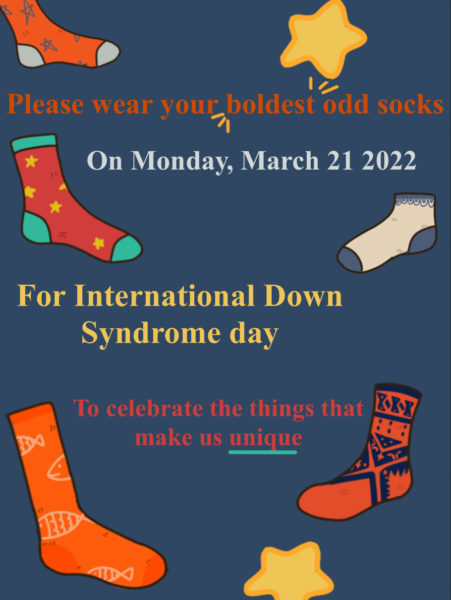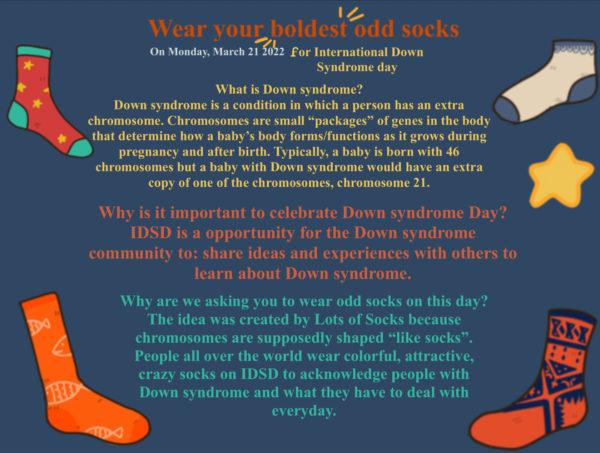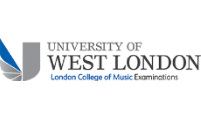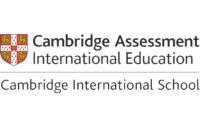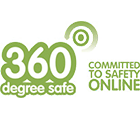Economics is a subject that constantly touches our daily lives. This includes issues such as tax and inflation, interest rates and wealth, inequality and emerging markets, and energy and the environment. Economics provides answers to a range of health, social and political issues that impact households and wider communities. At TBS we focus on bringing economics into practical, tangible real life scenarios through the use of case studies which range from the oligopoly of OPEC to the World Economic Forum.
Students have learned about how economists provide information and forecasting to inform decisions within companies and governments. This knowledge of economics – or economic intelligence – is based on data and modelling. It requires a careful balance between mathematical skill and conceptual understanding.
Over the course of the year we have examined the reality that businesses of all sizes and industries have to rely on economics, whether that’s for product research and development, pricing strategies or how to advertise. This wide influence means students are equipped with an understanding of many sectors of the economy, from agriculture to manufacturing, to banking and consultancy.
Besides this, many aspects of our examination of economics have been focused on the human factor – assessing how consumers behave is a vital part of the course. We use theories and models to predict behaviour and inform business strategies. For example, how to analyse ‘big data’ in order to see trends in supply and demand.
Ultimately economics affects the world we live in. Students have spent a lot of time developing an understanding of international perspectives – historic and current – which can provide a useful insight into how different cultures and societies interact. As many of our students have found, when it comes to being in an international setting, understanding the world economy is a substantial advantage.

